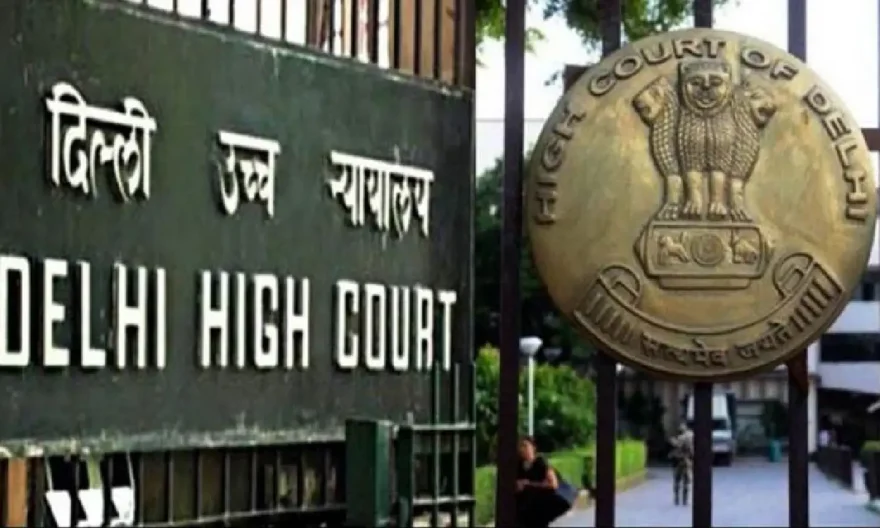
The Delhi High Court has held that, while an unmarried or widowed daughter has a legitimate claim in her deceased father’s estate, the same entitlement does not extend to a divorced daughter, as she is not considered a dependent entitled to maintenance.
A bench of Justice Suresh Kumar Kait and Justice Neena Bansal Krishna made the observation while dismissing an appeal filed by a divorced woman challenging a family court’s decision that had rejected her plea for maintenance from her mother and brother.
The court clarified that the claim for maintenance was made under Section 21 of the Hindu Adoptions and Maintenance Act (HAMA), which outlines the eligible dependents who may seek maintenance. The Act specifically identifies nine categories of relatives, and a divorced daughter is not included in this list, the court emphasized.
The bench stated, “While an unmarried or widowed daughter is acknowledged to have a claim in the estate of the deceased, a ‘divorced daughter’ does not fall within the category of dependents entitled to maintenance.”
In this particular case, the woman’s father passed away in 1999, leaving behind four heirs – his wife, son, and two daughters. The woman’s argument was that she had not received any share as a legal heir.
She contended that her mother and brother had agreed to provide her with Rs 45,000 per month as maintenance on the condition that she would not pursue her share in the property. According to her, she had been receiving maintenance payments regularly only until November 2014, after which they ceased.
The woman stated that her husband had deserted her, and she had been granted an ex parte divorce in September 2001. She claimed that the family court had not taken into account the fact that she had not received any money, alimony, or maintenance from her husband.
She further submitted that since her husband was untraceable, she was unable to seek any alimony or maintenance from him.
The high court, in its order, stated, “However challenging the situation may be, under the HAMA, she is not considered a ‘dependent’ as defined under the Act, and thus, she is not entitled to claim maintenance from her mother and brother.” It upheld the family court’s decision that the woman had already received her share from her father’s estate earlier and, having received it, she could not subsequently raise a new claim for maintenance from her brother and mother.




